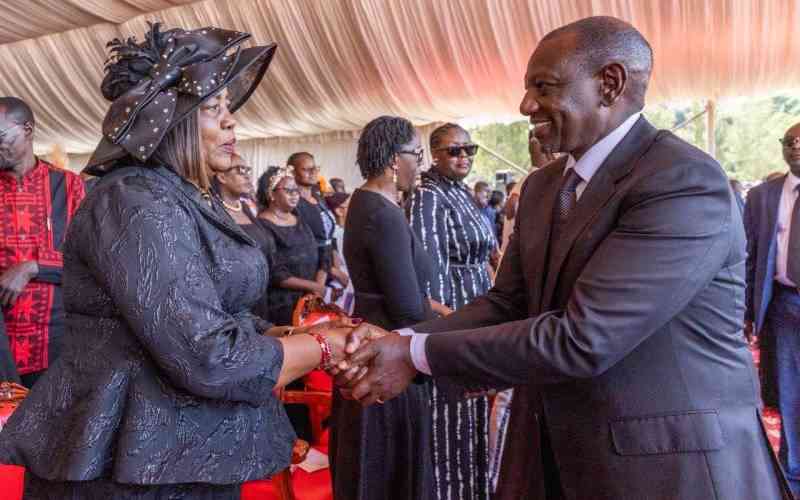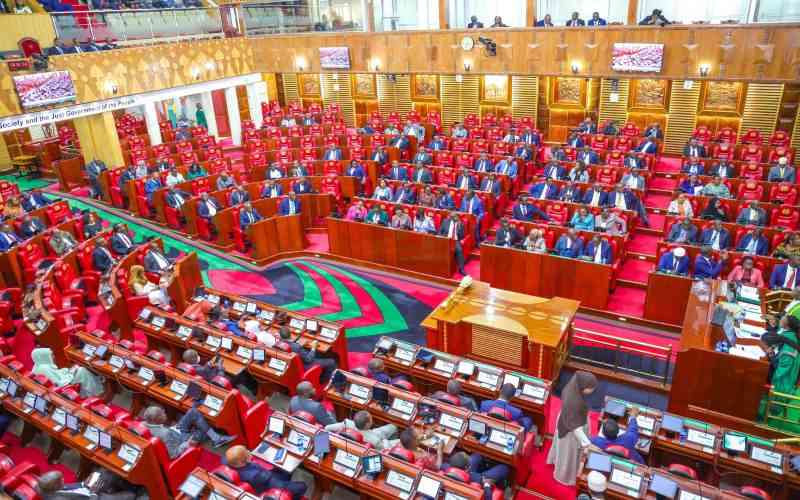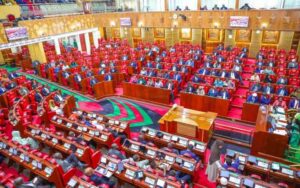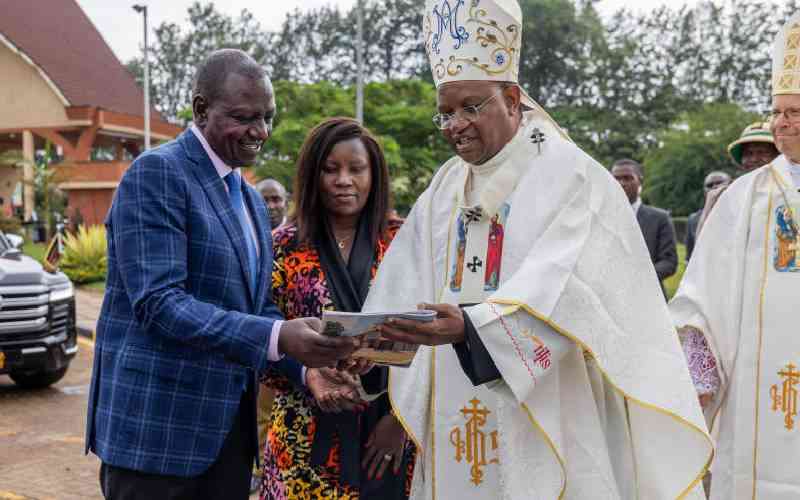About 250,000 university students under government sponsorship are staring at an uncertain future after the High Court dealt a major blow to the new funding model.
The decision, declaring the model illegal and unconstitutional, now poses a fresh headache to universities, administrators and the Ministry of Education as they scamper to find funding alternatives for two cohorts of students under the model when the institutions reopen in January.
The Saturday Standard has established that universities have not received funding since October after the High Court issued a temporary suspension to the model until the case challenging it is determined.
So far, only Sh2.8 billion of the Sh13 billion in scholarships has been disbursed, leaving universities owed Sh10.2 billion.
For loans, the government has disbursed Sh5 billion out of the Sh16 billion earmarked for the semester, meaning Sh11 billion is yet to be released.
The court decision could mean universities will remain underfunded for some time.
Questions also linger about the future of public universities, if the orders remain in place, regarding how they will support students when institutions resume for the second semester in January.
The court ruling will serve as relief to critics of the funding model, which has recently faced strong opposition from students, university staff, and civil society groups.
The Saturday Standard has established that the government plans to appeal the ruling next week.
Sources involved in the development of the funding model indicate compliance with the court ruling in the interim but suggest that a return to the Differentiated Unit Cost (DUC) model, criticized for its inefficiencies, remains a possibility.
Daniel Mugendi, the chairperson of the Vice Chancellors’ Committee, said that they are awaiting legal interpretation of the judgment to understand its implications.
Meanwhile, undertones within the universities’ leadership has expressed concern that if the suspension persists, public universities may face sustainability challenges, potentially leading to closures.
The new funding model, President William Ruto’s brainchild, technically referred to as the student-centred funding model, sought to address financial woes in universities.
The model faced chaotic opposition from students and some university staff, who called for its dissolution.
Stay informed. Subscribe to our newsletter
In October, the High Court suspended the model but President William Ruto has been on the forefront defending it, arguing that a lack of clarity in financing education is the root of the current mess.
“We have decided this time around to bite the bullet and sort out the funding in our education sector and provide clarity on the education of our children,” the President said.
The suspension froze funding for over 250,000 students under the new model, leaving institutions in a deeper financial crisis.
Introduced in September 2023, the funding model currently supports 234,811 students admitted in 2023 and 2024. In 2023, 113,075 students applied for funding, while applications rose to 121,736 in 2024.
University Fund Board CEO Geoffrey Monari, revealed that disbursements had to stop in compliance with the court order.
“We are complying with the court orders, and as long as the order is in place, the implementation of the new funding model cannot go on. That includes disbursement of the funds,” he said.
To address opposition, President Ruto formed a 129-member team to review the model.
In a gazette notice, the President outlined the team’s mandate, including reviewing the funding model for Universities and Technical and Vocational Education and Training (TVET) institutions.
Sub-committees will focus on appeals regarding student categorization for scholarships and loans, the structure of student loans, and the cost of academic programs—which could lead to reduced tuition fees.
“Now, therefore, I, William Samoei Ruto, President of the Republic of Kenya, in exercise of the powers conferred upon me by the Constitution and the Statute Laws of the Republic of Kenya, do order and direct that the National Working Committee on Review of the New University Education Funding Model is hereby established,” he said.
The team, chaired by Prof Japheth Micheni Ntiba, has exceeded its eight-week timeline, with findings yet to be delivered more than 12 weeks since its launch.

























